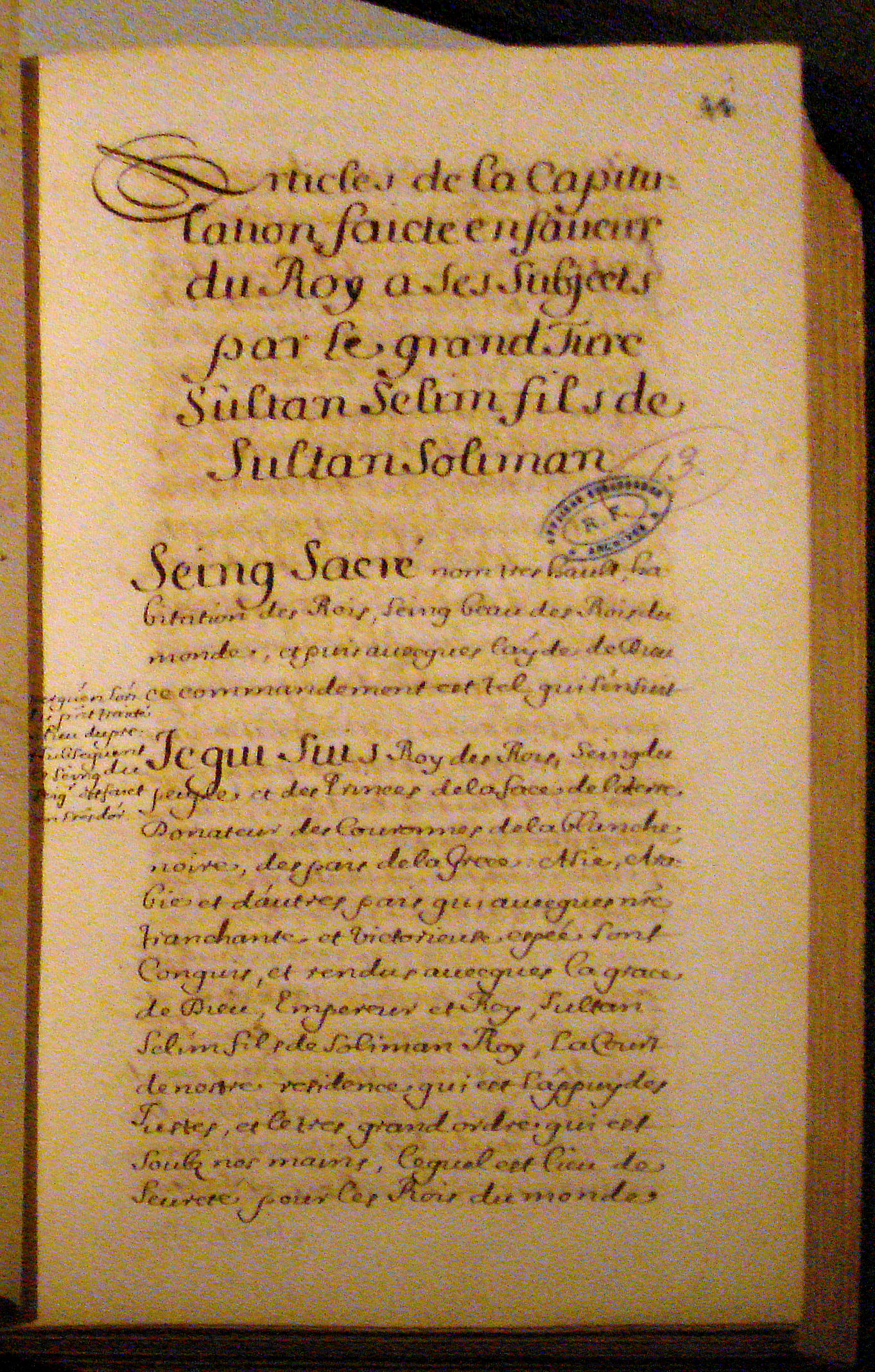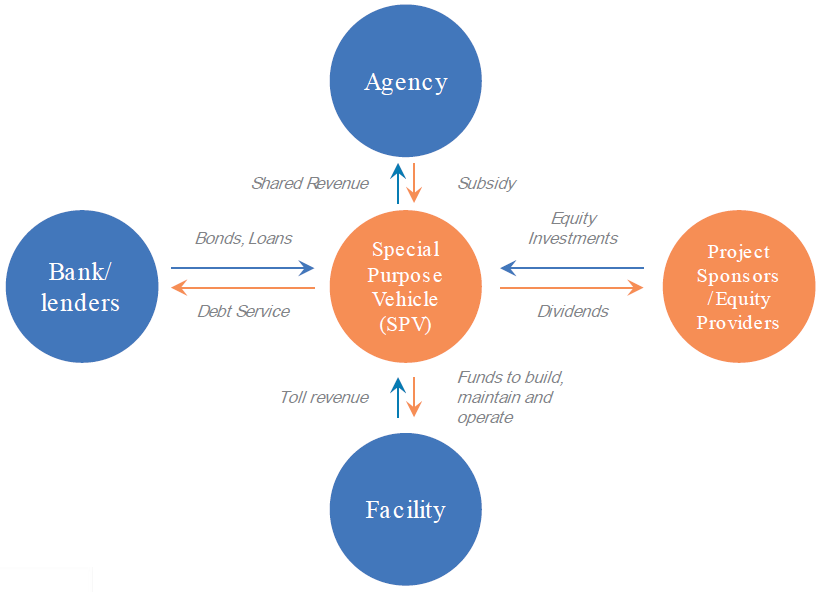|
Protégé System
The ''protégé'' system () in Morocco in the 19th century allowed people working for foreign consuls and vice-consuls certain privileges and legal protections not available to the rest of the population. At first the status of protégé was available only to Moroccans—Muslims and Jews—but it was extended to Europeans by the 1860s. The ''protégé'' system was a parallel to the capitulatory system in the Ottoman Empire. The Madrid Conference of 1880 was held at the behest of Sultan Hassan I in response to France and Spain's abuse{{clarify, date=November 2021 of the ''protégé'' system. See also * Comprador * Capitulation (treaty) A capitulation (term derived from the Latin word ''caput'') is a treaty or unilateral contract by which a sovereign state relinquishes jurisdiction within its borders over the subjects of a foreign state. As a result, the foreign subjects are im ... * Concession (contract) References History of Morocco Foreign relations of Morocco [...More Info...] [...Related Items...] OR: [Wikipedia] [Google] [Baidu] |
Capitulations Of The Ottoman Empire
Capitulations of the Ottoman Empire were contracts between the Ottoman Empire and other powers in Europe, particularly France. Turkish capitulations, or Ahidnâmes were generally bilateral acts whereby definite arrangements were entered into by each contracting party towards the other, not mere concessions. The Turkish Capitulations were grants made by successive Sultans to Christian nations, conferring rights and privileges in favour of their subjects resident or trading in the Ottoman dominions, following the policy towards European states of the Byzantine Empire. According to these capitulations traders entering the Ottoman Empire were exempt from local prosecution, local taxation, local conscription, and the searching of their domicile. The capitulations were initially made during the Ottoman Empire's military dominance, to entice and encourage commercial exchange with Western merchants. However, after military dominance shifted to Europe, significant economic and polit ... [...More Info...] [...Related Items...] OR: [Wikipedia] [Google] [Baidu] |
Ottoman Empire
The Ottoman Empire, * ; is an archaic version. The definite article forms and were synonymous * and el, Оθωμανική Αυτοκρατορία, Othōmanikē Avtokratoria, label=none * info page on book at Martin Luther University) // CITED: p. 36 (PDF p. 38/338) also known as the Turkish Empire, was an empire that controlled much of Southeast Europe, Western Asia, and Northern Africa between the 14th and early 20th centuries. It was founded at the end of the 13th century in northwestern Anatolia in the town of Söğüt (modern-day Bilecik Province) by the Turkoman tribal leader Osman I. After 1354, the Ottomans crossed into Europe and, with the conquest of the Balkans, the Ottoman beylik was transformed into a transcontinental empire. The Ottomans ended the Byzantine Empire with the conquest of Constantinople in 1453 by Mehmed the Conqueror. Under the reign of Suleiman the Magnificent, the Ottoman Empire marked the peak of its power and prosperity, as well a ... [...More Info...] [...Related Items...] OR: [Wikipedia] [Google] [Baidu] |
Treaty Of Madrid (1880)
The Treaty of Madrid (1880) was a collection of agreements between Morocco, under the rule of Hassan I, and many European powers, to give the powers the ownership of Moroccan lands they had seized, the resources present on these lands, settlement rights and to employ locals on these lands. This treaty served to regulate and make these conquests official in the international community. Summary The treaty consisted of 18 articles: Treaties/agreements signed previously, with Britain, Spain and France, remained in force, with modifications set out in this treaty. Foreign Officials residing in Morocco were given permission to employ Moroccans, and enjoyed 'protection', i.e. freedom from taxation, as did their families, their Moroccan employees and any Consulate employees who were Moroccan. Employees who worked as farmers, servants, interpreters or other menial jobs were not protected, even if they were not Moroccan. Any Foreign Nationals who owned farmed land or were farmers ha ... [...More Info...] [...Related Items...] OR: [Wikipedia] [Google] [Baidu] |
Hassan I Of Morocco
''Mawlay'' Hassan bin Mohammed ( ar, الحسن بن محمد, translit=al-Ḥassan bin Muḥammad), known as Hassan I ( ar, الحسن الأول, translit=al-Ḥassan al-Awwal), born in 1836 in Fes and died on 9 June 1894 in Tadla, was a sultan of Morocco from 12 September 1873 to 7 June 1894, as a ruler of the 'Alawi dynasty. He was proclaimed sultan after the death of his father Mawlay Muhammad bin Abd al-Rahman. Mawlay Hassan was among the most successful sultans. He increased the power of the makhzen in Morocco and at a time when so much of the rest of Africa was falling under foreign control, he brought in military and administrative reforms to strengthen the regime within its own territory, and he carried out an active military and diplomatic program on the periphery. He died on 9 June 1894 and was succeeded by his son Abd al-Aziz. Reign Early reign and rebe ... [...More Info...] [...Related Items...] OR: [Wikipedia] [Google] [Baidu] |
Comprador
A comprador or compradore () is a "person who acts as an agent for foreign organizations engaged in investment, trade, or economic or political exploitation". A comprador is a Indigenous peoples, native manager for a European business house in East Asia, East and South East Asia, and, by extension, social groups that play broadly similar roles in other parts of the world. Etymology The term ''comprador'', a Portuguese language, Portuguese word that means ''buyer'', derives from the Latin ''comparare'', which means ''to procure''. The original usage of the word in East Asia meant a native servant in European households in Guangzhou in southern China or the neighboring Portugal, Portuguese colony at Macao that went to market to barter their employers' wares. The term then evolved to mean the native contract suppliers who worked for foreign companies in East Asia or the native managers of firms in East Asia. Compradors held important positions in southern China buying and selling tea, ... [...More Info...] [...Related Items...] OR: [Wikipedia] [Google] [Baidu] |
Capitulation (treaty)
A capitulation (term derived from the Latin word ''caput'') is a treaty or unilateral contract by which a sovereign state relinquishes jurisdiction within its borders over the subjects of a foreign state. As a result, the foreign subjects are immune, for most civil and criminal purposes, from actions by courts and other governmental institutions in the state that makes the capitulation. Historical examples Medieval capitulations In the Ottoman Empire, arrangements termed Capitulations of the Ottoman Empire, capitulations, and treaties confirmatory of them were made between the Ottoman Porte, Sublime Porte and other states by which Resident alien, foreigners resident in the Administrative divisions of the Ottoman Empire, territories of the Ottoman Empire were subjected to the laws of their respective countries. In the 9th century CE, the Abbasid Caliphate, Abbasid caliph Harun al-Rashid, Hārūn al-Rashīd granted guarantees and commercial facilities to such Franks, subjects o ... [...More Info...] [...Related Items...] OR: [Wikipedia] [Google] [Baidu] |
Concession (contract)
A concession or concession agreement is a grant of rights, land or property by a government, local authority, corporation, individual or other legal entity. Public services such as water supply may be operated as a concession. In the case of a public service concession, a private company enters into an agreement with the government to have the exclusive right to operate, maintain and carry out investment in a public utility (such as a water privatisation) for a given number of years. Other forms of contracts between public and private entities, namely lease contract and management contract (in the water sector often called by the French term ''affermage''), are closely related but differ from a concession in the rights of the operator and its remuneration. A lease gives a company the right to operate and maintain a public utility, but investment remains the responsibility of the public. Under a management contract the operator will collect the revenue only on behalf of the govern ... [...More Info...] [...Related Items...] OR: [Wikipedia] [Google] [Baidu] |
History Of Morocco
History (derived ) is the systematic study and the documentation of the human activity. The time period of event before the invention of writing systems is considered prehistory. "History" is an umbrella term comprising past events as well as the memory, discovery, collection, organization, presentation, and interpretation of these events. Historians seek knowledge of the past using historical sources such as written documents, oral accounts, art and material artifacts, and ecological markers. History is not complete and still has debatable mysteries. History is also an academic discipline which uses narrative to describe, examine, question, and analyze past events, and investigate their patterns of cause and effect. Historians often debate which narrative best explains an event, as well as the significance of different causes and effects. Historians also debate the nature of history as an end in itself, as well as its usefulness to give perspective on the problems of the p ... [...More Info...] [...Related Items...] OR: [Wikipedia] [Google] [Baidu] |




.jpg)